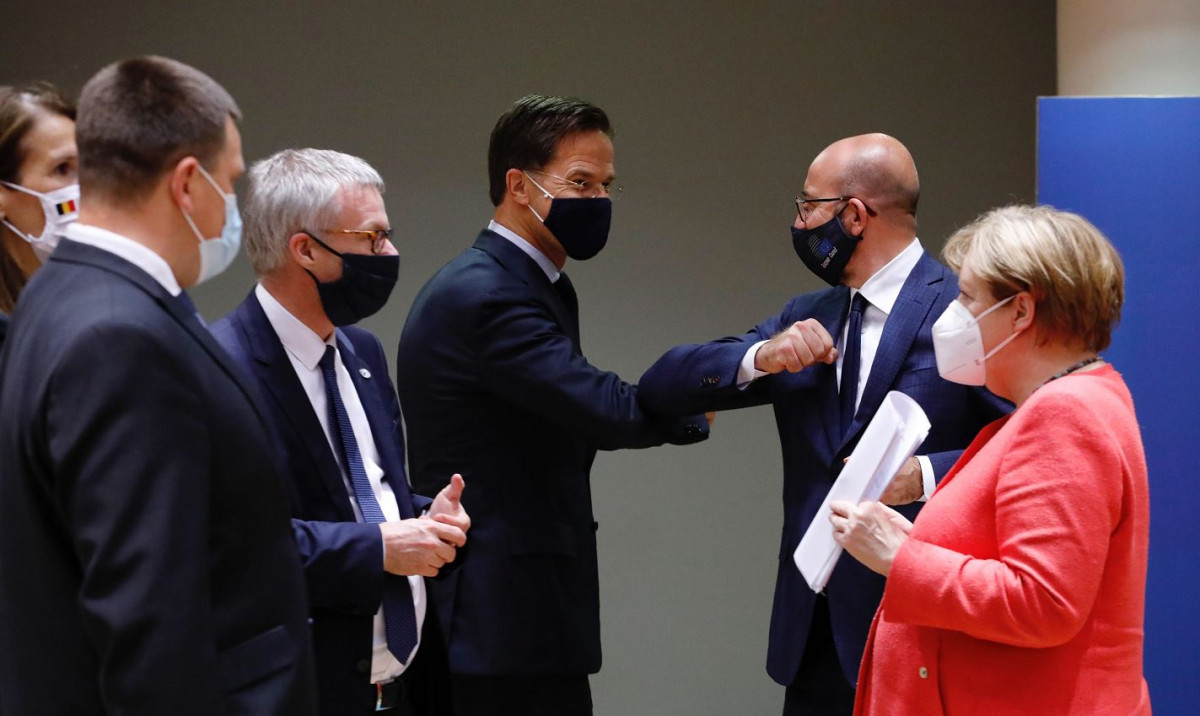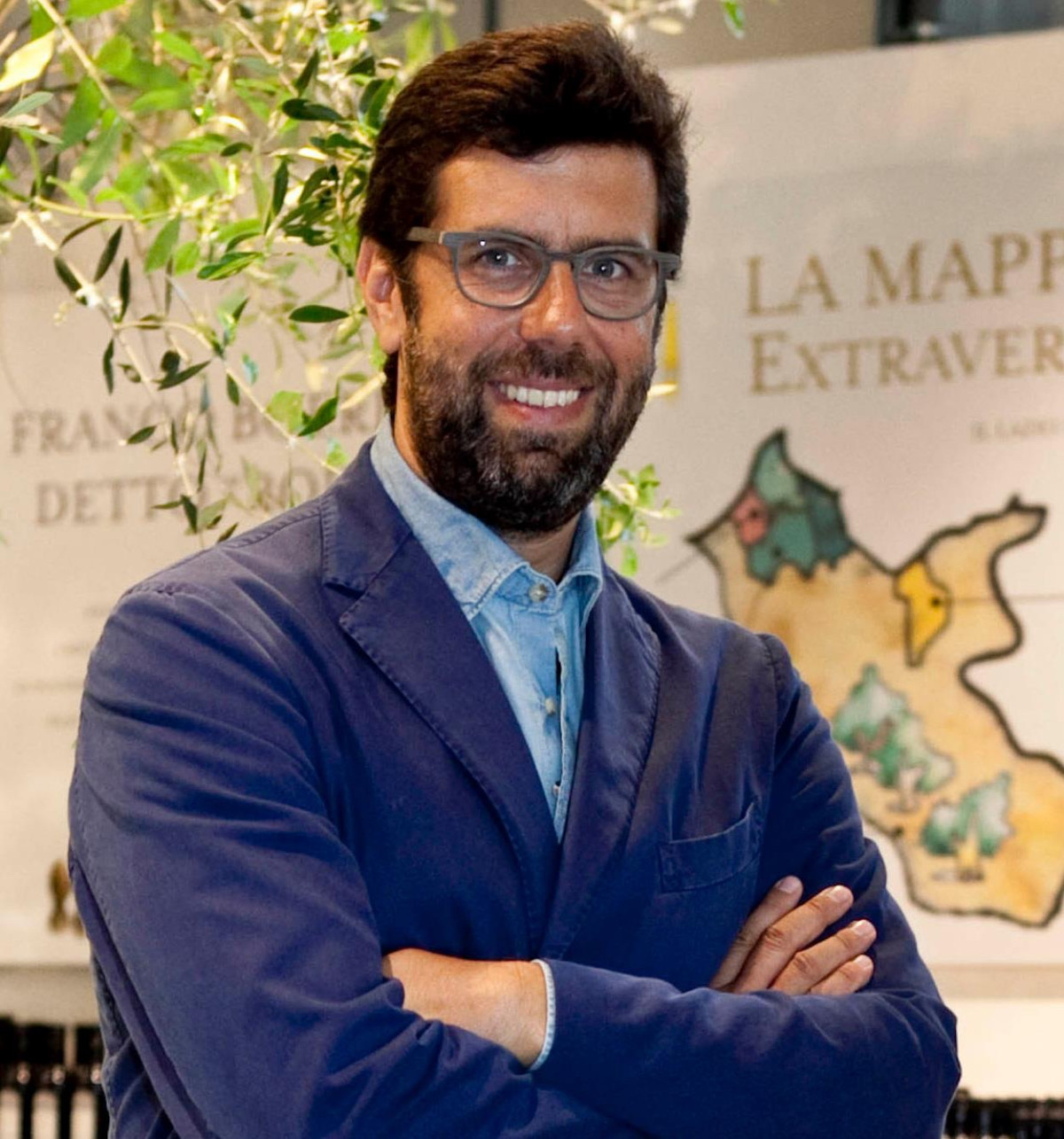Deep dive: How green are the EU’s coronavirus recovery plans?
The coronavirus crisis is driving many economies around the globe into recession, leading policymakers to draw up unprecedented spending plans to cushion the impact and enable recoveries. Politicians, businesses, activists, environmental think tanks and others see an opportunity to reset the economy on a more climate-friendly path with "green stimulus packages" and warn against making climate policy a lower priority.
After an initial proposal by the Commission, European Union member states in July 2020 agreed on a massive green stimulus package, earmarking almost a third of the combined funds from the coronavirus recovery package and the 2021-2027 budget totalling 1.8 trillion euros to fighting the climate crisis. The coronavirus recovery effort would be financed by joint debt of 750 billion euros. The proposal is now being negotiated with the European Parliament.
Legislation and expenditure “shall comply with the objective of the EU climate neutrality by 2050 and contribute to achieving the Union’s new 2030 climate targets, which will be updated by the end of the year,” the conclusions from the four-day meeting of European leaders state. They also agreed that all expenditure should be consistent with the Paris Agreement climate targets.
As of 2023 the EU would charge a tax on goods imported from countries with lower carbon emissions standards (border adjustment mechanism). Some climate-related instruments would, however, receive less money than originally proposed in the negotiations: The Just Transition Fund for regions hit by the end of coal mining was reduced by 22 billion euros to 17.5 billion euros. The money is to be used for the transformation processes in regions dependent on coal and environmentally harmful heavy industry.
Negotiations among all three institutions – the Council, Commission and the Parliament – were in full swing in early October, with several points of dispute still unresolved.
We will address these issues and many others during the web event organised by Clean Energy Wire (CLEW) in cooperation with Ecologic Institute and funded by the European Climate Foundation. It is for journalists only. The event is part of a series about key issues in European energy and climate policy. Find out more about these series and CLEW's Europe plans here.
--
Find more background on the issue here: CLEW is tracking the debate on climate-friendly post-coronavirus stimulus and has looked at what a green recovery could look like in the various areas of the economy. You can also find more information on Germany’s green recovery plans in a CLEW dossier.
Speakers
Manon Dufour is Head of Brussels Office, E3G, and an expert in European climate policy and politics. Manon works with European policy-makers, civil society and businesses to establish the necessary policies and alliances to reach climate neutrality. She has shaped energy, competition and industry policy to drive decarbonisation. Her current work focuses particularly on the European Green Deal.
Luca Bonaccorsi runs Transport & Environment’s programme on Sustainable Finance and is a member of the EU Sustainable Finance Platform. He joined T&E in 2018 to run the pan-European grassroots campaign against the use of palm oil in diesel and the work related to the Taxonomy Regulation. He started his career in investment banking (with ABN Amro/BNP Paribas). From 2006 to 2013 he managed media organisations producing environmental investigative journalism from Afghanistan, Laos, the Gulf of Mexico, Thailand and Italy. Since 2013 he has managed strategic communications and campaigns for environmental NGOs, including BirdLife International’s record-breaking NatureAlert campaign.
Marion Labatut is Deputy director EU Affairs and head of Brussels office at EDF. She was previously Policy Director at the European trade association Eurelectric where she worked for 6 years. Before that she worked at EDF as an energy markets specialist.
Olivier Vardakoulias is the Lead Economist of WWF Greece. Prior to that he worked as an economic advisor in HM Revenue and Customs, and at the New Economics Foundation. His interests lie in the economics and politics of the environmental transition.
FREQUENTLY ASKED QUESTIONS
Please click on the red "Sign up"-Button and fill in the necessary information. Remember to confirm your sign up via the automatic email you receive from us (it could land in your spam folder).
No, we will not record the web-event.
The web-event language is English.
Yes, the web event will be on the record.
Sound quality is greatly improved by using headsets with
microphone. It is recommended that all active participants equip
themselves accordingly (smartphone headsets are sufficient).





